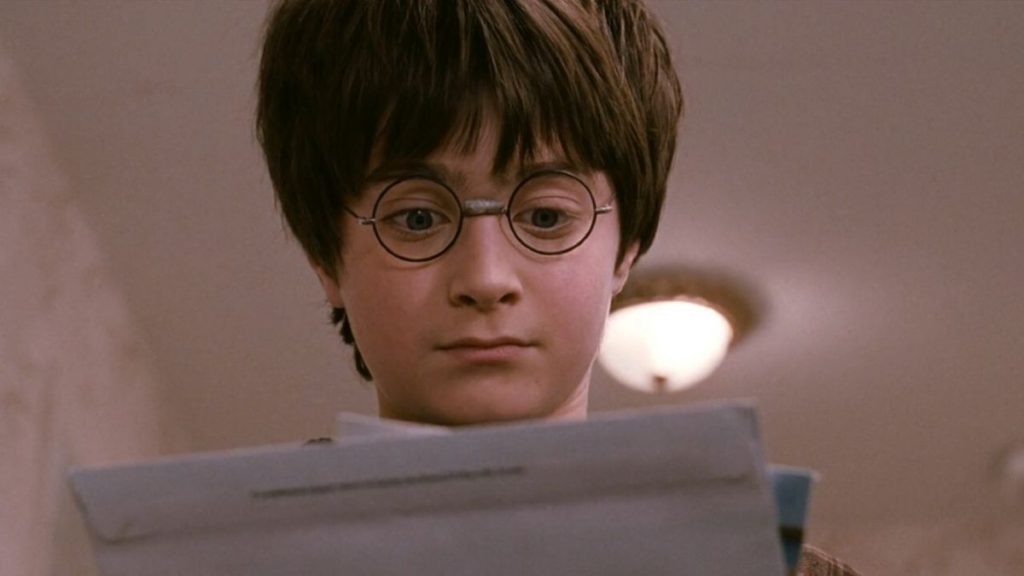Whether you’re a fan of the Harry Potter movies or the original books, it’s undeniable that J.K. Rowling’s creation is a masterpiece. It’s easy to understand why fans cherish Professor Dumbledore’s wise words and laugh at Ron’s witty remarks. Interestingly, someone has reimagined the first page of Harry Potter and the Philosopher’s Stone in a “Gen Z” style, humorously portraying Mrs. Dursley as someone with a “Hella Neck.”
The Harry Potter films are filled with iconic quotes, such as Dumbledore’s reflections on finding joy during dark times. While those lines are timeless, I can’t help but wonder what the dialogue would sound like if adapted for today’s younger generation. A Facebook post by @thelanguagenerds shows a playful take on that first page, describing Mrs. Dursley as a “Karen” who is cold and has a “Heraneck,” while also humorously depicting her as a nosy neighbor.
Referring to Mrs. Dursley as “Karen” made me laugh! Though I never thought much about Aunt Petunia’s neck (if that’s really what “Heraneck” means), I agree that she’s one of the least likable characters in Harry Potter. Making Harry sleep in a cupboard under the stairs and treating him like a servant, while favoring her spoiled son, definitely qualifies her as a “Karen.” I can’t help but appreciate the honest and humorous tone of this reinterpretation. I can easily imagine someone casually discussing the opening scene like this in conversation.
Reading this Gen Z version of Harry Potter does make me feel a bit older, especially given how differently kids talk nowadays. Sentences like, “TBH (Dursleys) were the last people you’d think are SUS,” showcase the evolution of language. If you’re confused, “SUS” means suspicious, and “all faxless printers” means completely true. It’s almost like trying to decipher Shakespeare just to understand what’s happening! Each generation indeed picks up new phrases that they pass onto the next, such as how millennials have their own slang while younger generations are learning terms like “lowkey tee” and “girlboshing.”
Gen Z is lucky to engage with Harry Potter through new TV adaptations, just like previous generations found magic in the books and films. Current discussions about an upcoming adaptation emphasize it as a “faithful adaptation” of J.K. Rowling’s work, with casting calls that prioritize inclusivity in terms of race, gender identity, and ethnicity. While we don’t yet know what modern adjustments will be made, the casting of 32,000 children suggests an effort to connect with a broader audience.
The Gen Z take on that first page reveals that language has transformed significantly since the 1990s, when the books were first published. As society evolves, I’m eager to see how modern adaptations will affect this new generation of viewers. Until the Harry Potter series arrives on Max in 2026, fans can still enjoy the original films on Streamer and Peacock subscriptions.

